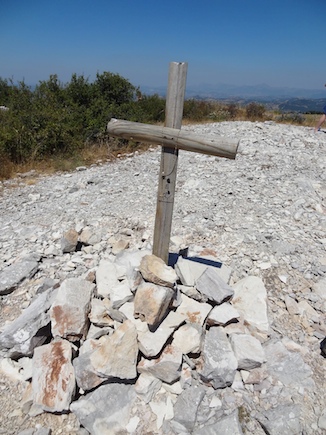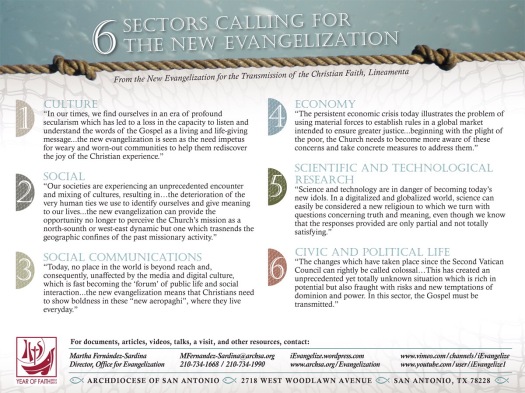‘I will not judge those who hear me but don’t obey me, for I have come to save the world and not to judge it.’ John 12:47
Pursuing Jesus is fraught with difficulties. Most obviously, my natural inclination is to please myself rather than concern myself with another’s wants and needs. Most posts on social media are various forms of self promotion and justification, mine included!
The degree to which I’ve been conformed to the context within which I live is reflected in the constant search to monetise whatever I seek to turn my hand to. It’s as though, whatever our political perspective, value can never be completely separated from financial concern.
Indeed, the underlying fear across society is a financial one; be it the airline industry demanding a government bailout, to the self trader hoping June will yield some income from the tax office. The fear when finance falls away is always palpable.
June will yield some income from the tax office. The fear when finance falls away is always palpable.
Fear equally drives us towards finding scapegoats. Someone or something to blame for my problems. Fear produces behaviour which I may well regret even as I act it out. Why is it that the Chinese amongst us are targeted as if they’re responsible for Covid-19?
Good news for those of us who follow Jesus. The man himself acknowledges that even as we fail both to listen and act upon his teaching, he refuses to judge us. Remarkable, when so much of what I’ve been taught is the need to walk a narrow line for fear of God’s judgment.
Jesus is all about affirming and encouraging us through life’s challenges, not judging us. God’s invitation is that I mirror this. I stop looking to criticise others, both within and beyond church, and seek to accept, encourage and support humanity in our common desire to get through life.
If we can set aside making judgments, or nursing a rising tide of bitterness born of the judgments others make of us, we might actually collaborate with Jesus’ plan to help make the world a better place.
It’s not what’s wrong that counts; it’s what might I do to enrich life for others and therefore myself as well.
Prayer: O, my God, I choose to live as a light and to shine in this dark world, so that all can find hope and encouragement and step from their own darkness into you liberating light. Amen.
If you have a prayer request or concern then email the Oratory Prayerline.
“Micha Jazz…is a master at relating texts and prayer intentions to the many challenges we face in modern day life” Right Reverend John Keenan, bishop of Paisley, Scotland.





